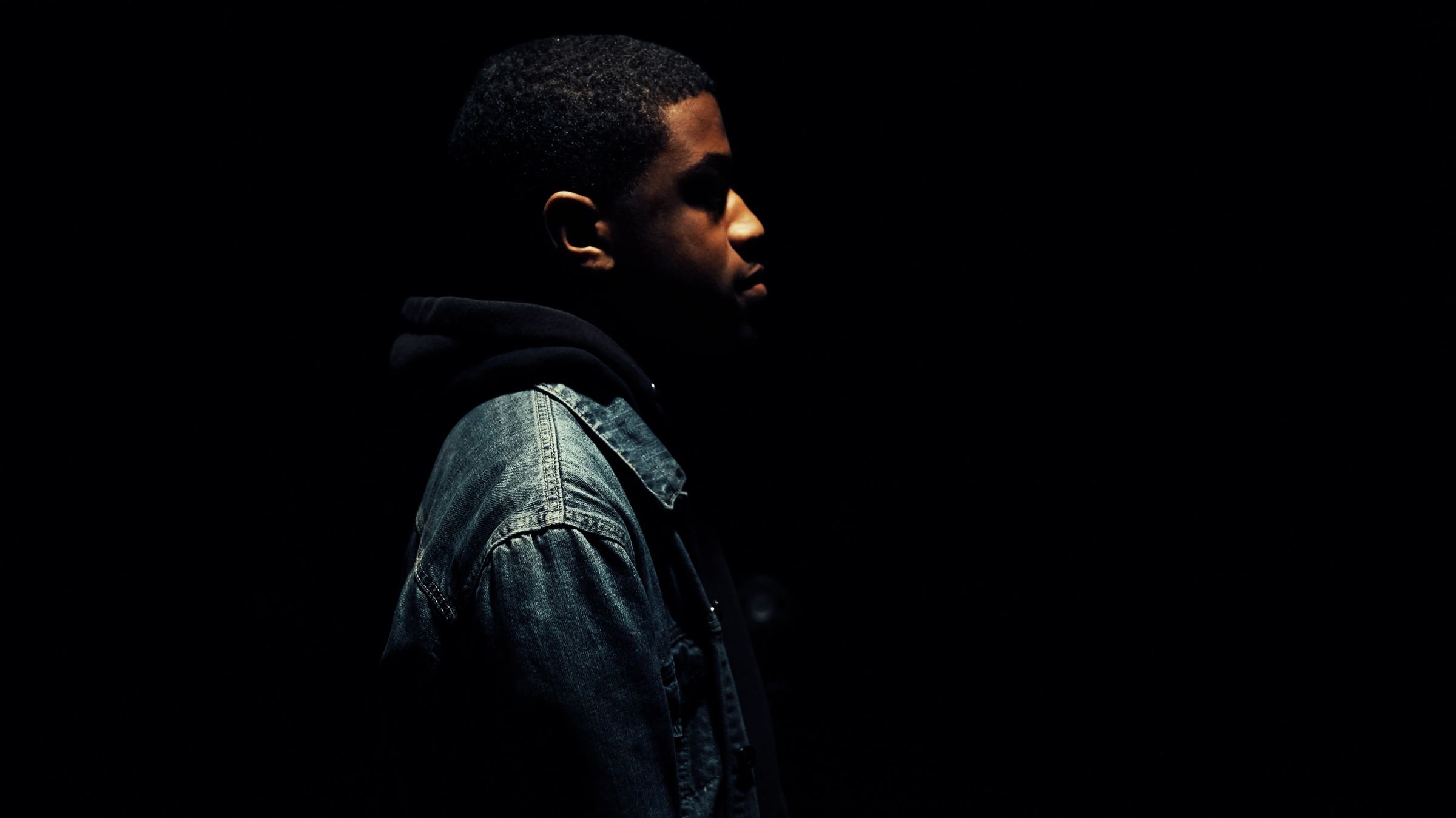By Teesha Hadra, C4SO NextGen Leadership Team
Recently, I spoke at the National Youth Workers Convention, a gathering for people who work with and care about youth in churches and parachurch organizations all over the country. My colleague, John Hambrick, and I were talking about race in America and how these leaders might engage the young people God has entrusted to their care in contending against the pervasive evil of racism in our nation.
I heard a lot of stories while I was there, but one thing stood out to me. The Next Generation is watching. I certainly heard stories of apathetic youth who are blind to the ways that racism continues to waft in the very air they breathe. However, more often, I heard stories of young people who are keenly aware of the problem of racism and the attendant pain and strife they and those in their communities are experiencing.
These young people are hungry for ways to engage in the pursuit of justice. They want to understand what their God has to say about the injustice they see all around them.
Historically, the Church, broadly speaking, has had a mixed record when it comes to race and racism. From the era of slavery to the civil rights movement and beyond, Christians have both actively fought against AND supported racist practices and systems, by both direct action and through inaction or apathy. Some may argue that these events happened in the distant past and have nothing to do with the present. The harsh reality is that we, the big “C” Church, still bear the wounds of the failures of our fathers and mothers in the faith.
The time is now for the Church to choose a different path. It is time for Christians to unequivocally oppose racism in word and deed—not because it might be popular or politically correct, but because racism, in all of its many manifestations, is opposed to the will of God. February, Black History Month, provides fresh impetus to embrace this calling.
Why? Because there is no indication that the Next Generation will wait for the Church to get her act together before they wade into the fray. In many ways, young people are leading the charge in contending for meaningful cross-racial relationships and racial justice. They are moving forward, with or without us. The question is, will they do so in the name of the Lord? Will they do so in ways that bring honor and glory to our God? Will they pursue justice with God from within the Church or decide that the Church is an irrelevant institution?
Where might a Christian leader begin in the face of a deeply entrenched and complex problem, fraught with systemic, interpersonal, and spiritual components?
One might begin by listening to the Next Generation in your church. What are they seeing, feeling, and thinking about racism in America? What have they observed about how others might think about or experience these matters differently? Where do they see God at work, and where does it feel as though God is absent in the struggle for racial justice?
Take on a posture of humble curiosity so that you might seek to understand rather than make a point. Then pray. God cares and is at work. Of this, we can be sure. Discern how God might be leading you to engage with the Next Generation in the work of bringing about the stunning picture John gives us in Revelation 7:9-10. By God’s grace, this is where we are heading—people from every people group gathered together on their faces before the throne of God.
Racism will not continue forever. God is at work even now eradicating it. The question is, will we equip and partner with the Next Generation as they participate with God in preparing for that day?
To continue the conversation about the Church and racism, join C4SO Reads for Black History Month.
 Teesha Hadra is completing her MDiv at Fuller Theological Seminary and currently serves as the Executive Pastor at Church of the Resurrection in Los Angeles. Teesha recently co-authored Black and White: Disrupting Racism One Friendship at a Time with her friend, John Hambrick.
Teesha Hadra is completing her MDiv at Fuller Theological Seminary and currently serves as the Executive Pastor at Church of the Resurrection in Los Angeles. Teesha recently co-authored Black and White: Disrupting Racism One Friendship at a Time with her friend, John Hambrick.

